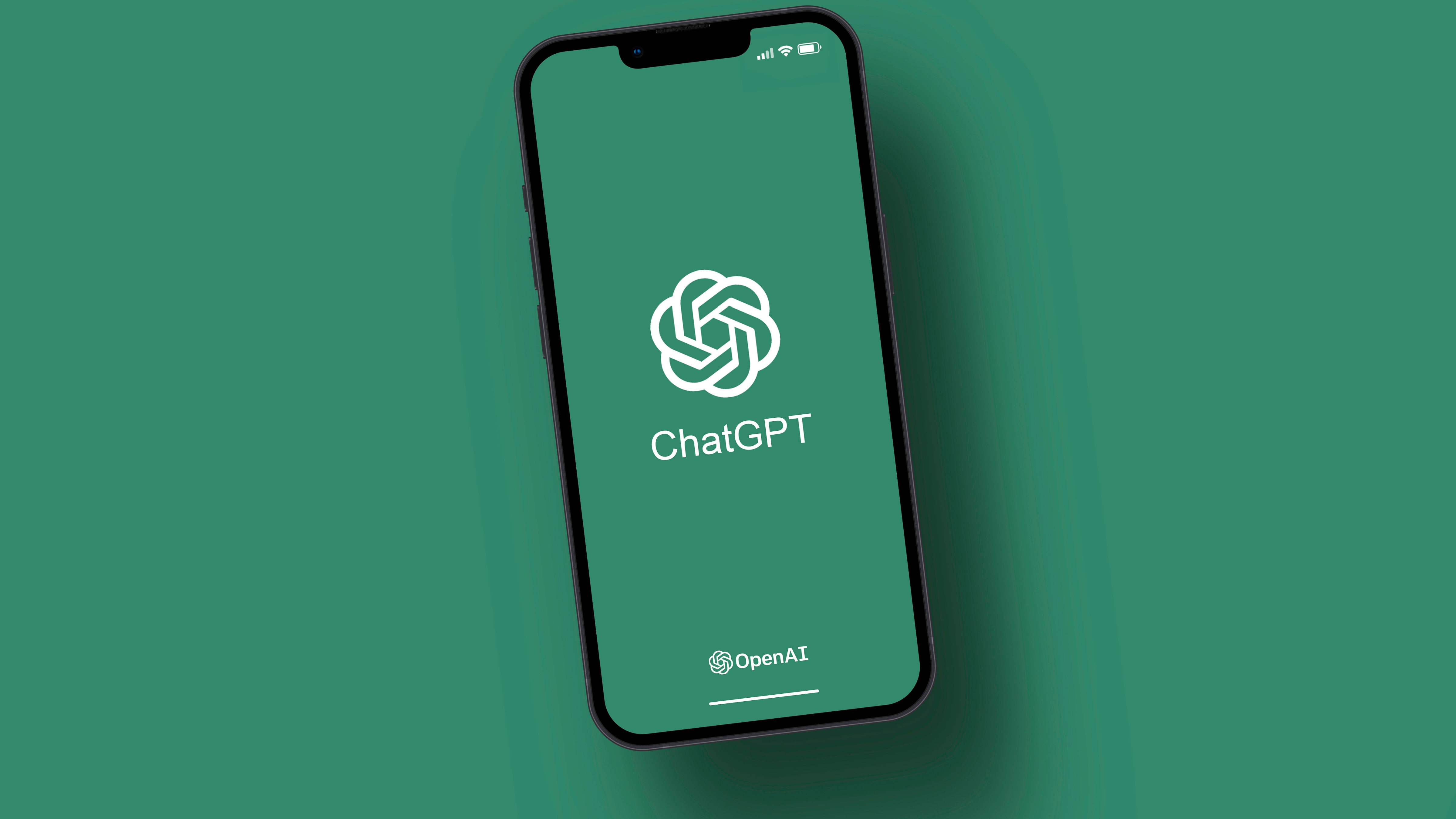ChatGPT pulls plug on Bing integration after people used it to bypass paywalls
Will come back in the future after OpenAI fixes it

Party’s over for ChatGPT Plus subscribers as OpenAI announced it has temporarily disabled the Browse with Bing beta tool from its service. The reason? Apparently, people used the feature to completely bypass paywalls and consume content for free.
Browsing with Bing gave ChatGPT the ability to pull information from recently published sources so it could answer time-sensitive questions. However, it appears the company’s developers underestimated the feature’s capabilities. According to an official help page, “if a user specifically asks for a URL’s full text,” the AI will fulfill the request, including displaying content from paywalled articles. OpenAI stated it’s fixing this issue because it wants “to do right by content owners.” The tool will return someday in the future. Exactly when is unknown at the time of this writing.
What’s also unknown is how the AI was able to bypass paywalls although there is some speculation on the ChatGPT subreddit. One user points out that since “some paywalls are simply pasted over” articles, ChatGPT could simply read the code rendering the text and display the content without a problem.
Analysis: Avoiding trouble
The response to this announcement has been pretty negative as subscribers flocked to OpenAI’s Community forums to air their grievances. Some state Browse with Bing was the sole reason they purchased ChatGPT Plus in the first place. One poster says the feature allowed them to read some repositories on GitHub or forum posts that were in another language. Others said that without Browse with Bing, they’re not getting their money’s worth.
As angry as these people are, it’s totally understandable why OpenAI would disable the tool. The company has been hit left, right, and center by multiple lawsuits. Just to give you an idea, you have the lawsuit from the California-based Clarkson Law Firm which alleges “ChatGPT massively violated the copyrights and privacy of countless people when it used data scraped from the internet to train its tech.” There are authors Paul Tremblay and Mona Awad who claim OpenAI used their books to train the generative AI “without attribution”. And you have Georgia radio host Mark Walters suing the developers for defamation after ChatGPT claimed he embezzled “funds from a non-profit organization.”
What's crazy is all those lawsuits are just from this past month.
Needless to say, OpenAI is currently navigating some rough waters. The last thing the company needs right now is to get hit with yet another lawsuit. Better safe than sorry.
Get daily insight, inspiration and deals in your inbox
Sign up for breaking news, reviews, opinion, top tech deals, and more.

Cesar Cadenas has been writing about the tech industry for several years now specializing in consumer electronics, entertainment devices, Windows, and the gaming industry. But he’s also passionate about smartphones, GPUs, and cybersecurity.